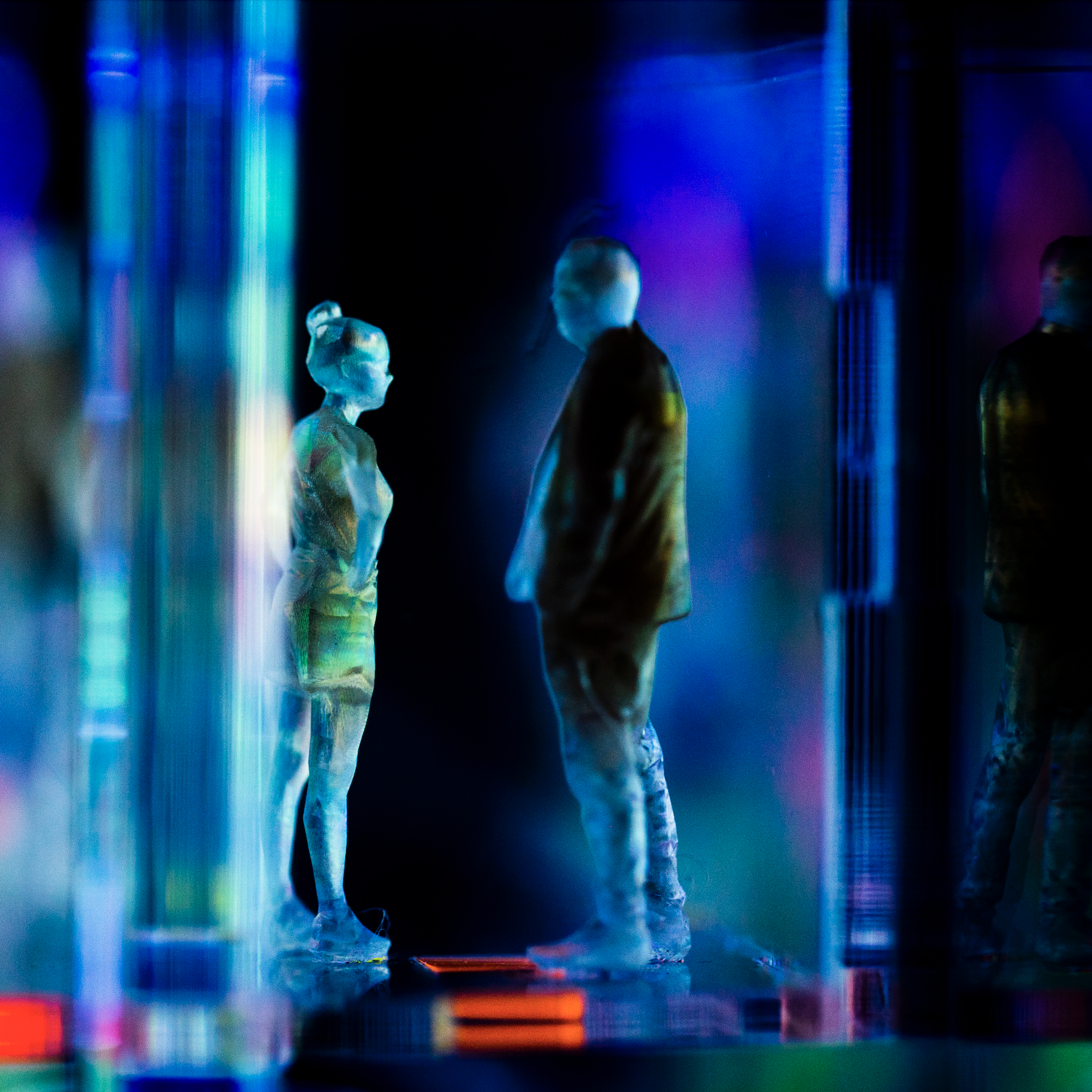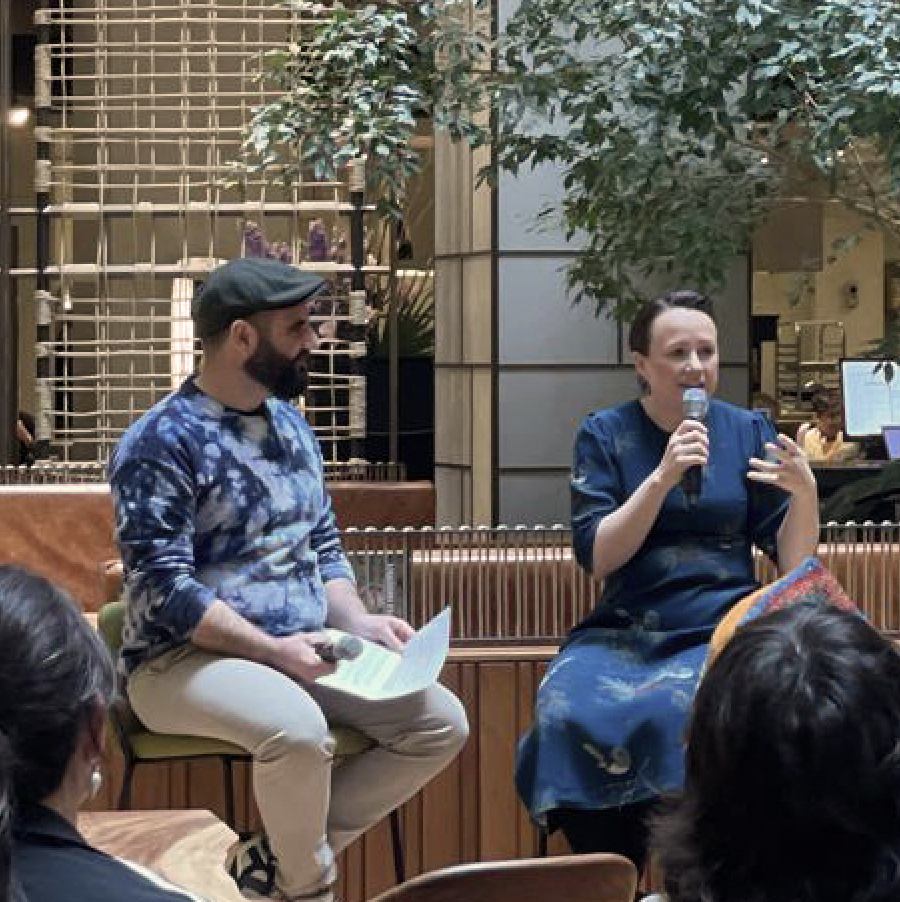Human Rights and New Technology: In discussion with Lizzie O’Shea
Lizzie O’Shea is founder and chair of not-for-profit agency Digital Rights Watch, and was a speaker at our recent TWIFSY Lunchbox Talks, at the T&G Building as part of Now or Never.
We caught up with Lizzie before the talks to get her take on the challenges presented by new technology, from an ethical and legal perspective.
The artwork TWIFSY (The World is Fine, Save Yourself) envisions a future where our real and virtual worlds have merged. Do you get a sense of this kind of a shift happening already?
Lizzie: Automation, digital transformation and AI in our current society all involve situations where people have systems and decisions imposed upon them. Rarely are there avenues for recourse when things go wrong. Some policy makers and industry leaders only talk about the opportunities of digital transformation, whereas those who have often been ignored or harmed by systems are more likely to instinctively understand the risks. I think we are starting to see a shift not just in how we understand the virtual and real worlds, but also people’s desire to be involved in shaping this phenomenon, not just acceding to it.


What do you think are the biggest challenges from a human rights perspective?
Lizzie: Getting machines to see people as people, rather than, say, data points or digitals subjects, is a challenge. There are radical incentives to outsource decision making and responsibility to machines for various reasons, with sometimes disastrous results. We must demand a different approach; which requires organising and agitating. Also, some people are privacy fatalists, and despair at protecting their privacy in a context where they have so little control. It’s an understandable impulse, but actually misplaced – the vast majority of people agree we need better privacy protections. It’s just a matter of operationalising this. We have more power than we think.
Is there anything we could be doing now to prepare for these challenges?
Lizzie: It is critical that the development and deployment of sophisticated technology involve a human rights approach. That is, respect for privacy in the collection and use of personal information, and proactively identifying and managing risks of discriminatory and harmful outcomes. Increasingly, as people see these systems in action, including the injustices they create, there are growing calls for this kind of positive friction. It’s not about cramping innovation, but rather limiting predatory, discriminatory and harmful developments and uses of technology.
While technology can present challenges, it also holds incredible potential for good. Do you see opportunities for us to make better use of technology in a positive way?
Lizzie: To reimagine a quote by Marx: big data and AI can help us interpret the world, the point is to change it. We shouldn’t accept that machines are inherently better decision makers than humans, but they can tell us about things we might struggle to see. That vision is a powerful and exciting tool! One of the reasons I love working in this space is that I see the immense potential of technology, but the problem is that too much of this potential is directed at generating profit.
We are thrilled to have you join us as a speaker for the TWIFSY Lunchbox Talk ‘Who owns you?’. What are you most excited to talk about?
Lizzie: How art can be a better vehicle for having these kinds of discussions. Certainly artists are better at generating exciting discussions when compared to policy wonks and legal nerds.


Find out more about TWIFSY (The word is fine, save yourself)
TWIFSY is presented in partnership with the T&G Building for Now or Never.